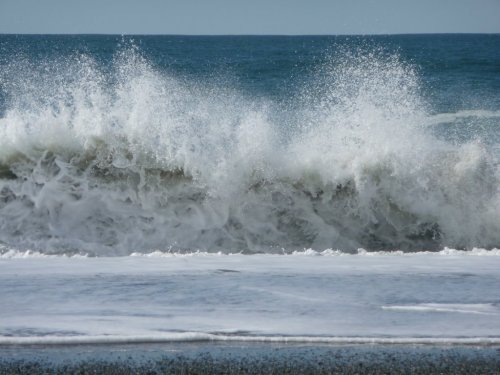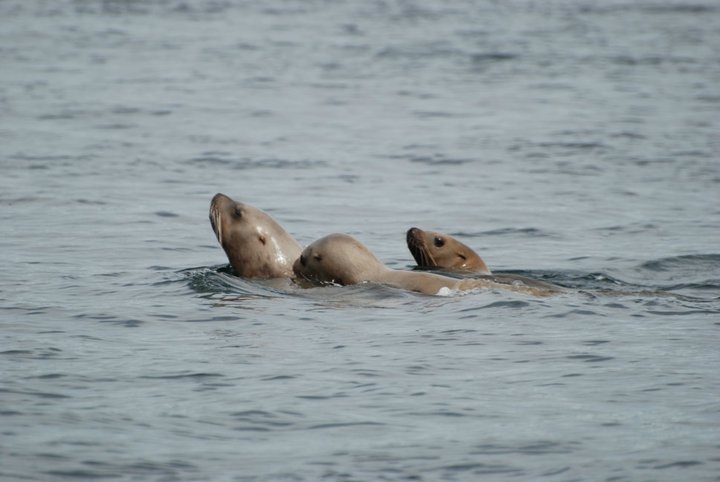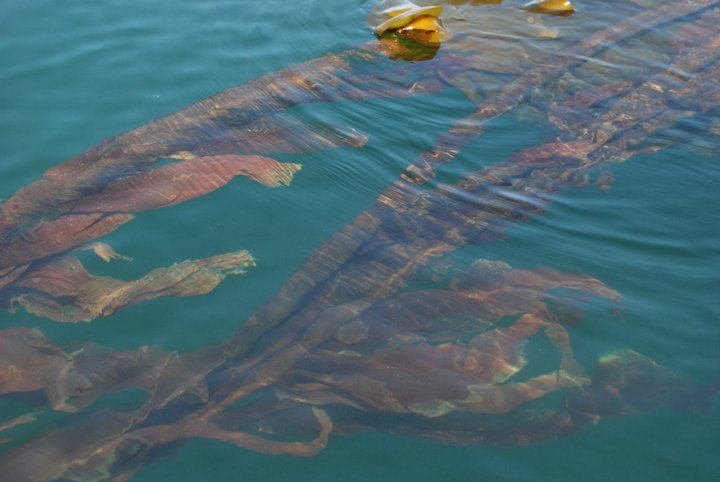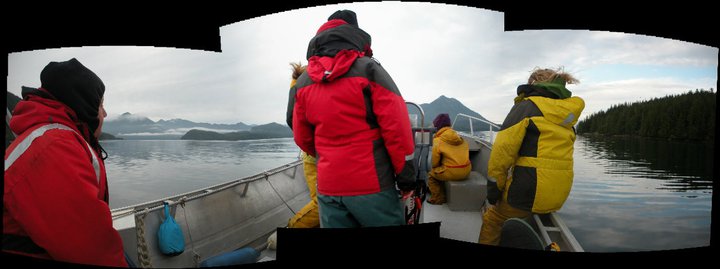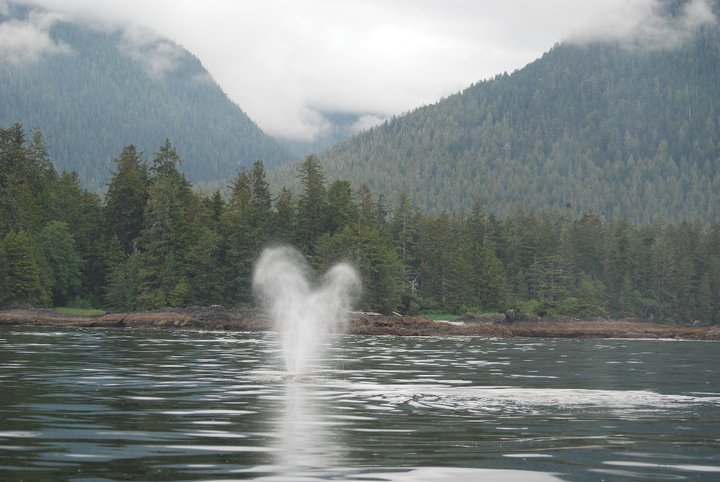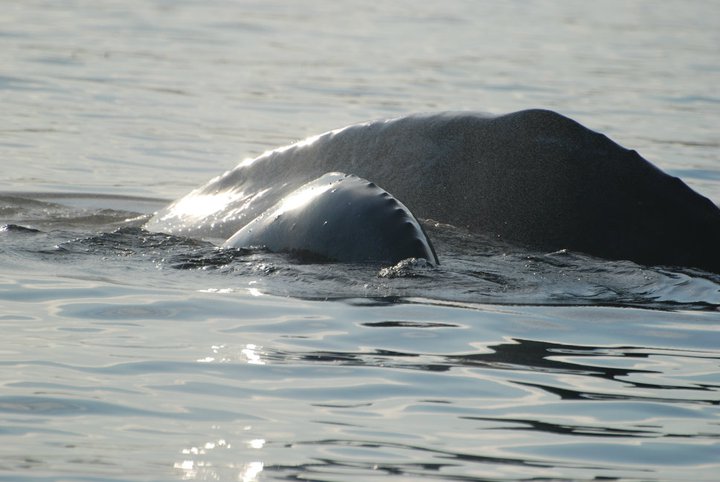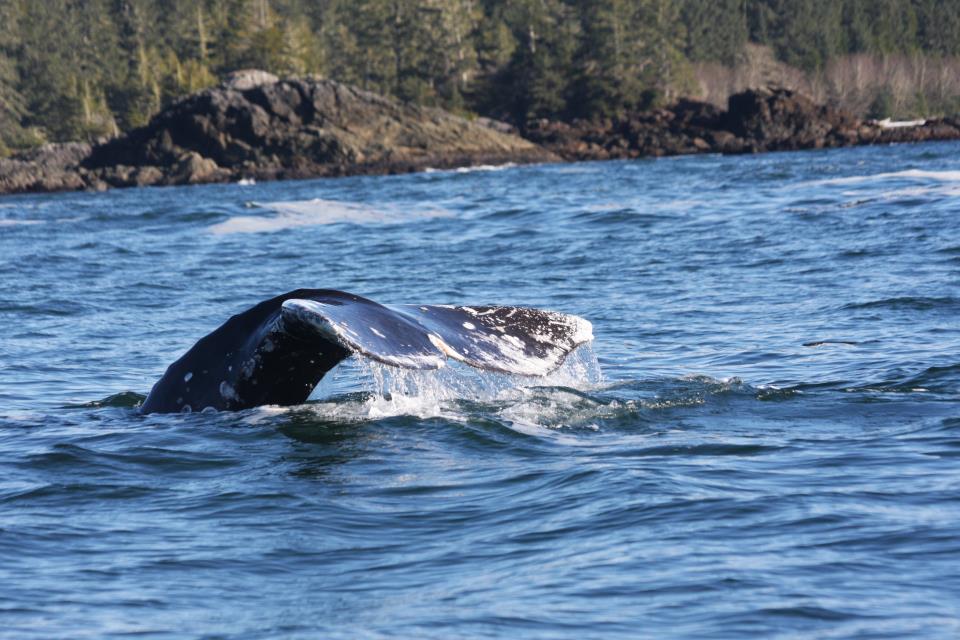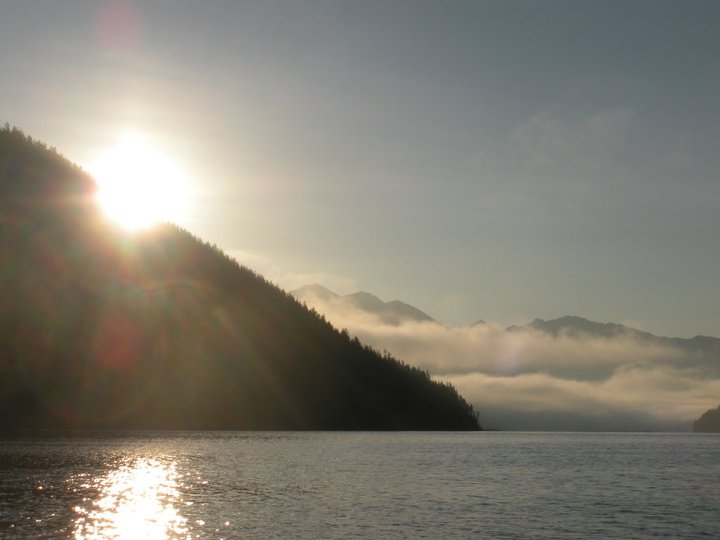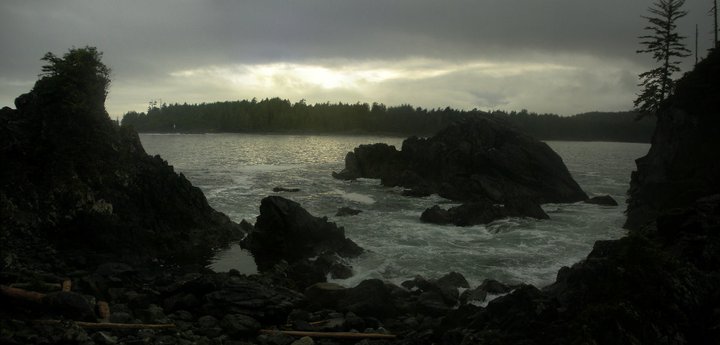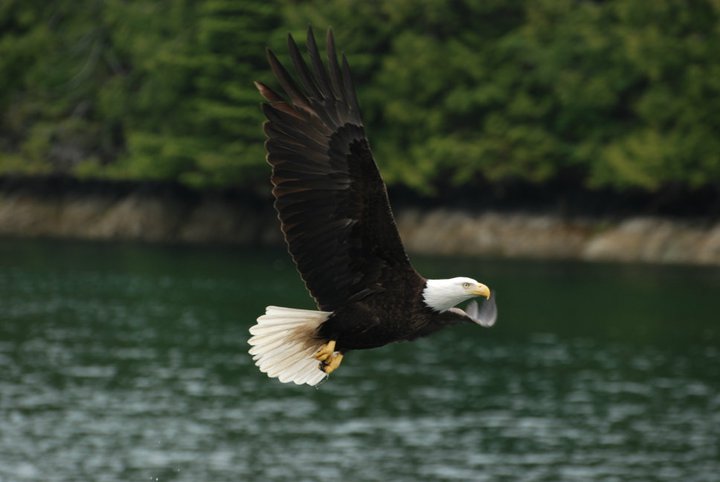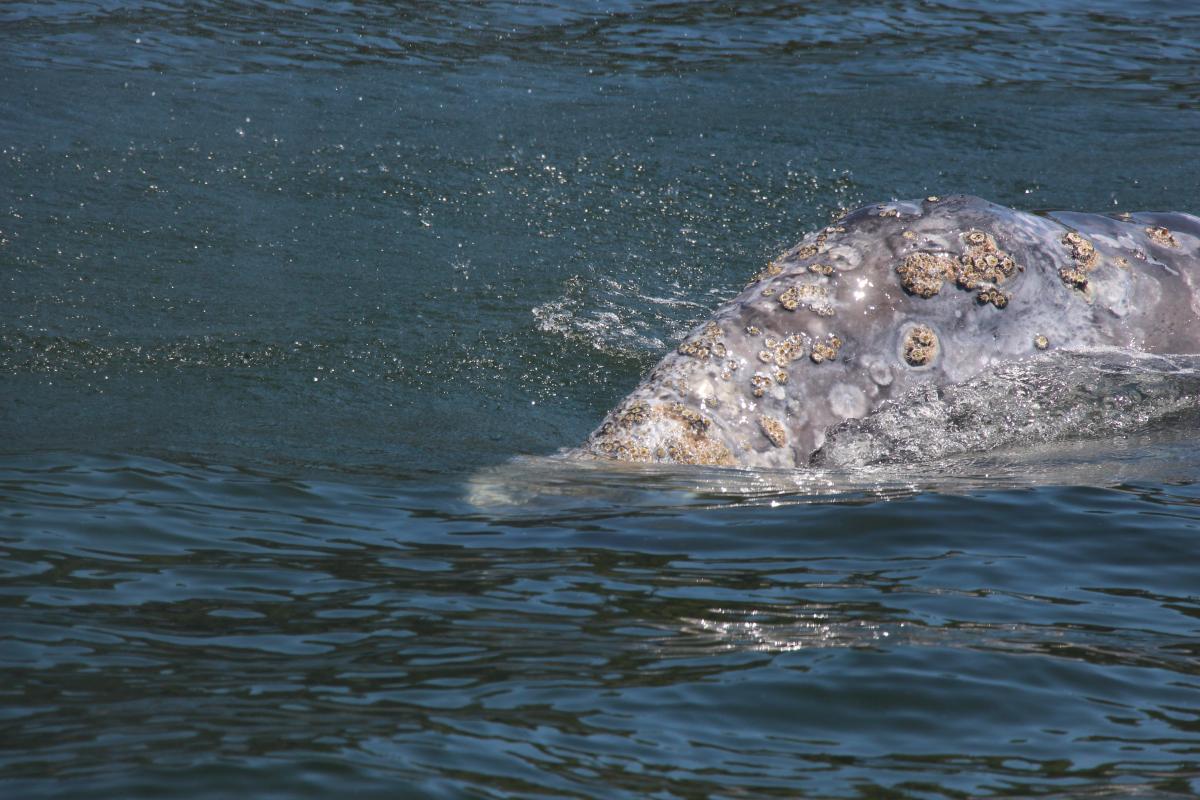Marine Mammals of British Columbia is a course offered through the University of Victoria Continuing Education program. Each course is five 2 hour sessions, covering either the biology, physiology and ecology of the cetaceans and pinnipeds commonly seen along the west coast of Canada, or discussions on the population biology, conservation and management issues for marine mammals on the BC coast.
Evolution, biology and ecology of marine mammals
Covers the ‘who’s who’ of marine mammals, what they are, how to identify them, and where they came from, tracing the evolution from their terrestrial origins. You will review skeletal, musculature, and more adaptive features that make marine mammals so highly modified to the ocean environment. Lectures will use slides, bones, photographs, video and other visual aids to describe ecology and life histories, including how marine mammals breath, keep warm, travel, and find food. Although the course will focus on the more common marine mammals to the BC coast, there will also be some examples of the more rare and fascinating visitors.
The next session is planned for March 1-29, 2018, with 5 weekly sessions. See link below for more information and to register:
https://continuingstudies.uvic.ca/science-and-ecological-restoration/cou...
Whales: A World of Sound
Acoustics is the primary means by which whales and dolphins “see” in the dark depths of the oceans. Some click, some whistle, some moan, some sing—all use their vocal repertoire to communicate, aggregate with conspecifics, navigate and forage. We will review specialized processes that allow cetaceans to “speak” underwater, and how that influences the way in which both toothed and baleen whales live. We will also explore the auditory system that allows whales to sense their world over great distances. The growing importance and effect of anthropogenic noise, how it affects whale habitat use, behaviour, energetics and even species success is an integral part of this discussion. Results from cutting edge research from the BC coast and beyond will be presented. Bones, photographs and examples of medical imaging and recordings of whales’ sounds will enliven the discussion.
Session planned for March 6-27, 2018, with four weekly sessions. See link below for more information and to register:
https://continuingstudies.uvic.ca/science-and-ecological-restoration/cou...
Marine Mammal Field Observations
Join us to explore the Salish Sea on a chartered whale watching vessel and put your naturalist identification skills to the test. This is an opportunity to meet some of the marine mammals that frequent the waters around Victoria. Discussions about ecology, habitat needs, predator-prey relationships, ecosystem health and more will be sparked by the species we see.
Planned for April 2nd, 2016
Management and conservation issues of marine mammals
Considers population levels, conservation, captivity, ship strikes, acoustic pollution and protection of endangered species, which are all ongoing concerns for mammals on the BC Coast. We will discuss the intricacies of marine mammal survival, looking at how interactions with humans have changed and the resulting threats that anthropogenic activities now pose. Course topics will range from historic whaling records to cutting-edge ecological research.
Whale Acoustics: Seeing in the Dark
Acoustics is the primary means that whales and dolphins 'see' in the dark depths of the oceans. Some click, some whistle, some moan, some sing - all use their vocal repertoire to communicate, navigate and forage. In this presentation, we will review specialized prcesses that allow cetaceans to 'speak' underwater. We will also explore the auditory system and how far whales can hear, with application to how anthropogenic noise can alter whale habitat use, behaviour, energetics and even specie success. Bones, photographs and examples of medical imaging will augment the discussion, drawing on results from cutting edge research being conducted on the BC coast.
Information and registration:https://continuingstudies.uvic.ca/science-and-ecological-restoration/cou...
The Hidden World of Whales
A whale’s haunting calls are some of the most mysterious sounds on earth, from 'moans' and 'grunts' to song. Dive deep into the scientific studies of ecology and acoustics to get a better understanding of how whales use these calls for finding food, navigating and communicating. Bones, photographs, videos, recordings, and results from cutting edge research will be used to aid the discussion.
A single session planned for 'One Day at UVic'
More information here: https://continuingstudies.uvic.ca/humanities-and-social-sciences/courses...
